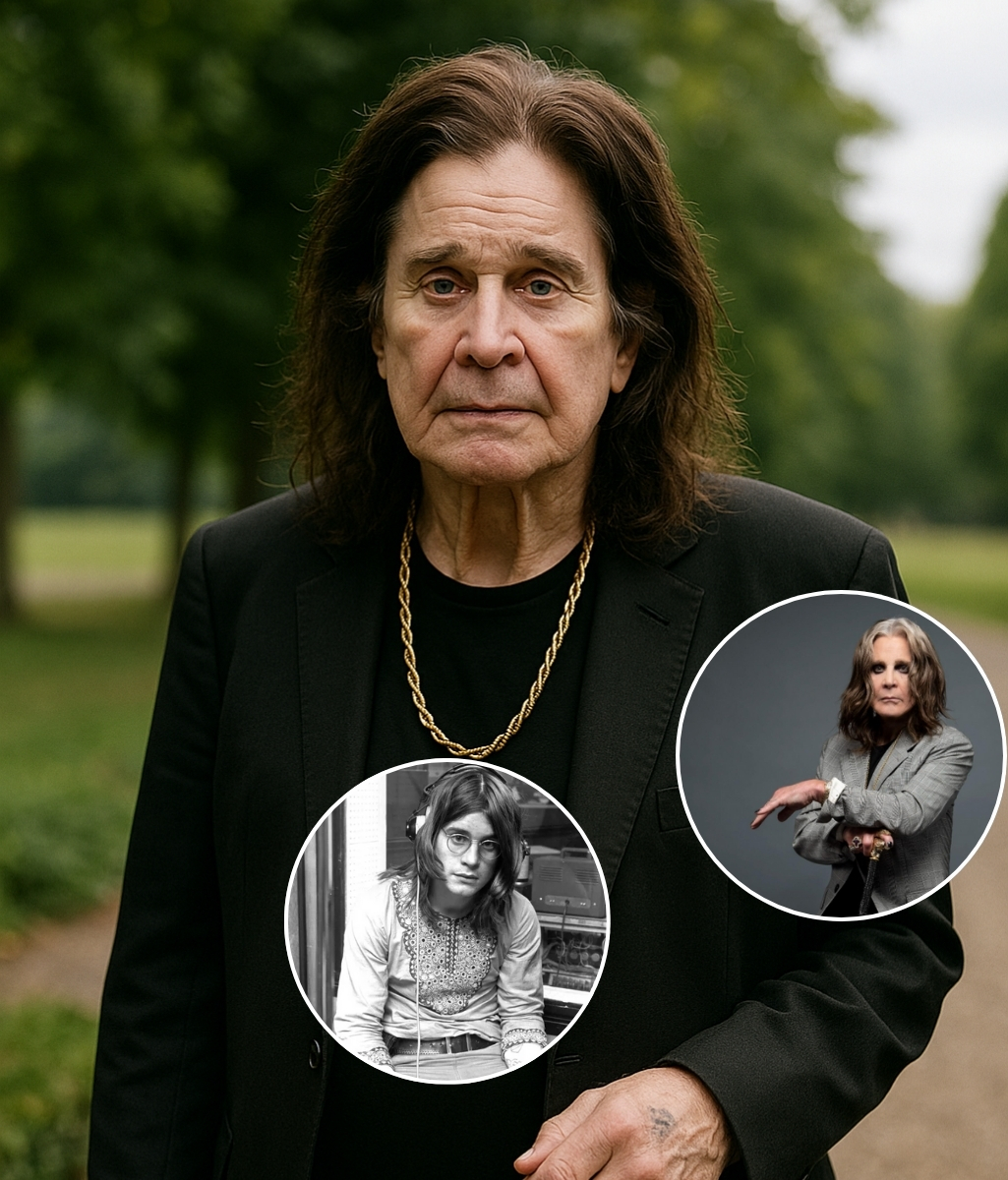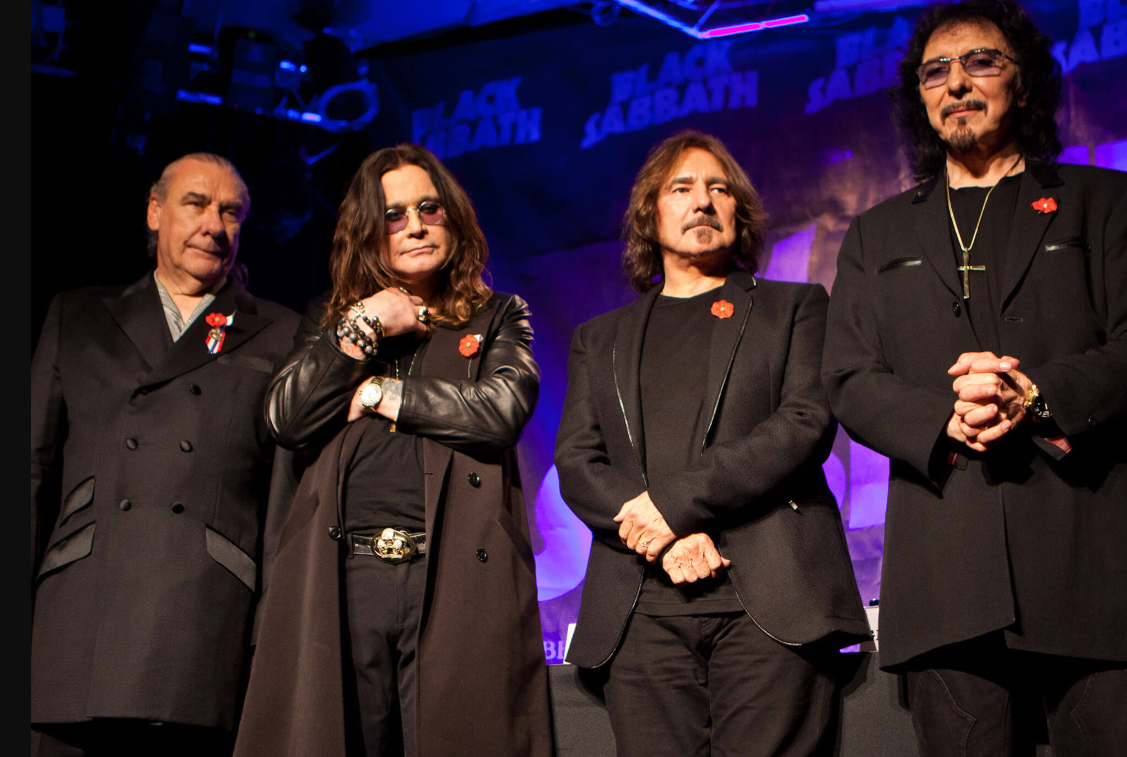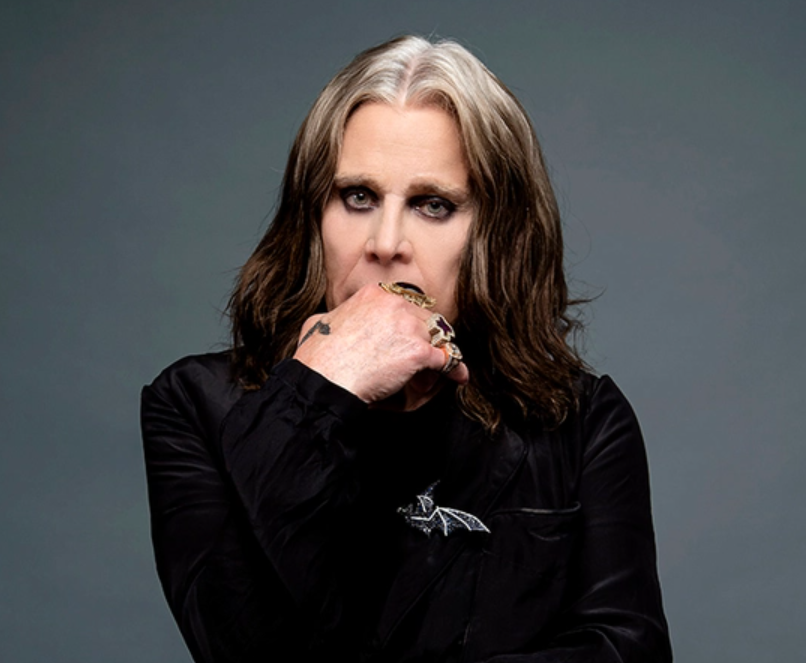
Few figures in rock history have embodied chaos quite like Ozzy Osbourne. For more than five decades, he lived loudly, recklessly, and without apology, defying odds that would have silenced lesser men. Addiction, scandal, health crises, near-death spirals — each should have ended his story. Yet time and again, the Prince of Darkness rose, reinventing himself not through polish or perfection, but through sheer survival. He transformed mayhem into myth, chaos into a crown.
With Black Sabbath, Ozzy did more than join a band. He helped invent an entire genre. Heavy metal’s shadow was cast in those early riffs: dark, sludgy, relentless. The lyrics spoke to misfits, outcasts, and the restless youth of a generation searching for something rawer, truer, and heavier than what pop music could provide. Sabbath’s songs were not merely played — they were felt, vibrating through the bodies of fans who finally heard themselves in the music. Ozzy’s wail was not polished, but primal, and that was the point. It was the voice of the outsider finally given a microphone.

When his time with Sabbath ended, many assumed Ozzy would fade, swallowed by his own demons. Instead, he carved a second life as a solo artist, one that cemented his legend. Songs like Crazy Train and Mr. Crowley became anthems, carrying his voice into arenas packed with believers. His tours were spectacles, equal parts theater and communion, where fans didn’t just watch him perform — they found themselves reflected in his struggle. He wasn’t just a frontman; he was a survivor leading a congregation of survivors.

Yet behind the theatrics — the infamous bat incident, the wild-eyed stunts, the biting antics — was a man who was endlessly human. Those who knew him best often described Ozzy as funny, self-deprecating, and surprisingly gentle. The same man who could command tens of thousands on stage would later bumble through his home life with Sharon, his fierce partner and manager, keeping him steady through storms. Their love story was one of rock’s most unlikely yet enduring, a partnership built not on perfection but on perseverance. Their children knew not just the icon, but the father — flawed, fragile, and fiercely devoted.
As the years passed, the chaos never fully disappeared, but it became reframed. Ozzy’s later years brought vulnerability into sharp focus: canceled tours, hospital stays, and public battles with illness. Yet even in decline, there was resilience. He never stopped fighting to return to the stage, to give his fans one more glimpse of the fire that had carried him this far.
Today, as tributes pour in from fellow musicians, fans, and family, one truth feels undeniable: Ozzy Osbourne was never just a rock star. He was survival itself. He stood at the edge of darkness and showed the world that it was possible not only to endure but to turn endurance into art. His music was proof that chaos, when embraced with honesty, could lead to immortality.
The Prince of Darkness has left the stage, but the echoes remain — in the riffs of Sabbath, in the anthems of his solo career, in the laughter and tears of a family who loved him, and in the millions of fans who found courage in his voice. Ozzy Osbourne’s story was never about perfection. It was about persistence. And that is why, even in death, his legend feels eternal.